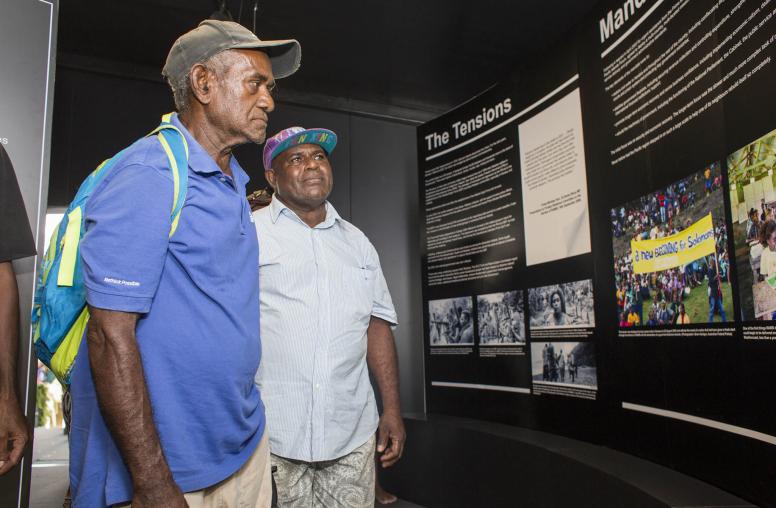Episode 49 - Kristina Simion Part 2
The Peace Frequency
In this podcast, INPROL Director Lelia Mooney and Senior Program Assistant Chelsea Dreher get expert insights on overcoming obstacles to rule of law research and sharing your research to maximize its impact. Their guest is Kristina Simion, INPROL’s Research Facilitator and a desk officer for the Folke Bernadotte Academy’s rule of law program. She is currently working towards her PhD at the Australian National University’s School of Regulation and Global Governance. In this podcast, Kristina provides helpful tips to practitioners who are looking to share their knowledge and research, and walks listeners through processes for overcoming major challenges to conducting sensitive research in conflict-affected environments. Tune in for ideas on how to tackle language barriers, process mass amounts of data, and more!
The Peace Frequency presents in-depth interviews with ordinary people doing extraordinary things to create a world free of violent conflict. It is produced by the U.S. Institute of Peace Academy.




